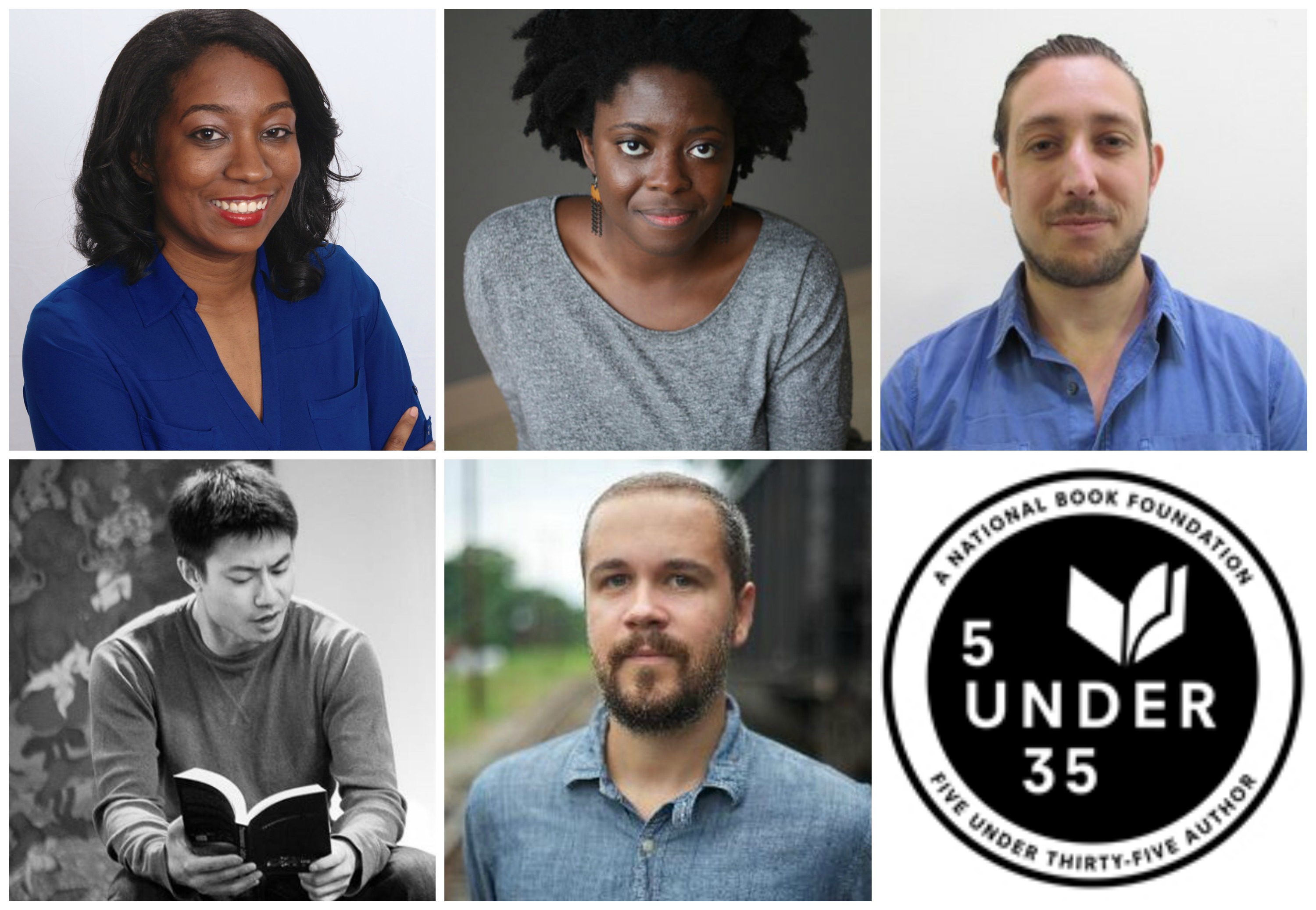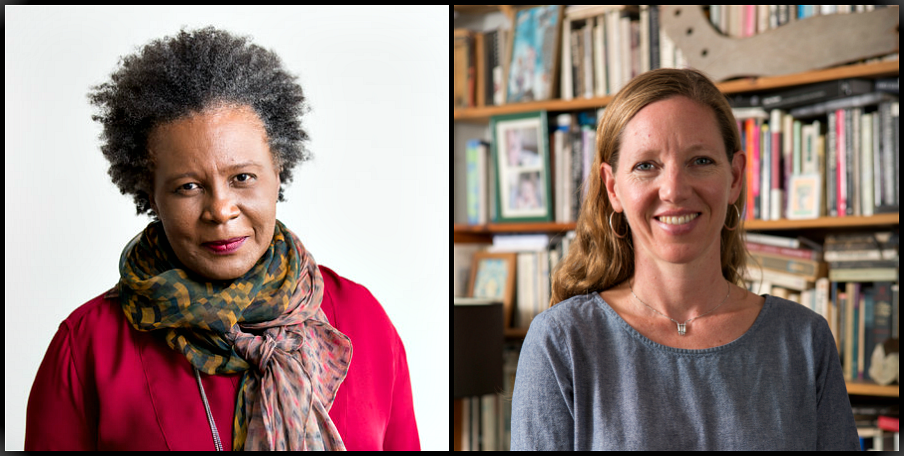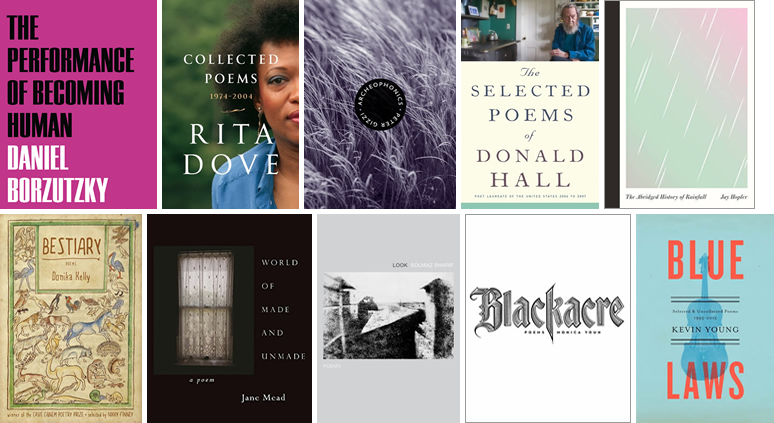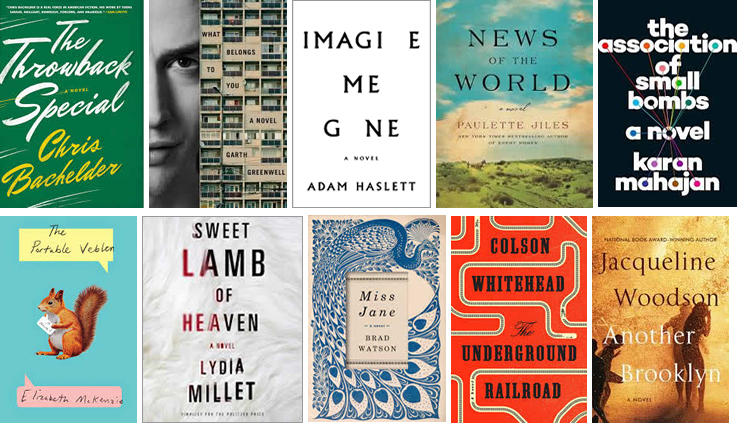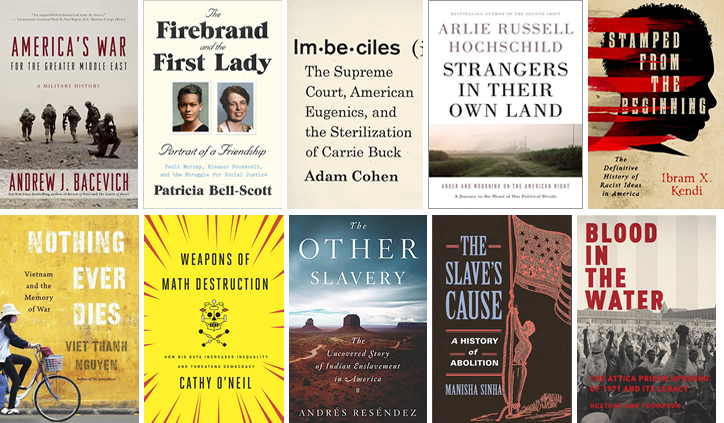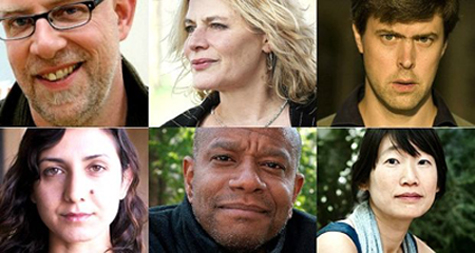Upcoming Contest Deadlines for Fiction Writers
The deadline approaches for several contests for fiction writers. Below is a roundup of fiction contests—for everything from flash fiction and stories to full-length manuscripts and published books—with deadlines of October 31 or November 1.
For emerging story writers, check out Glimmer Train Press’s Short Story Award for New Writers, given for a short story by a writer whose fiction has not appeared in a print publication with a circulation of more than 5,000. The winner will receive $2,500 and publication in Glimmer Train Stories; the deadline is October 31.
You might also try your luck with the Tucson Festival of Books Literary Awards, one of which will be given for a short story or novel excerpt. The winner will receive $1,000 and an invitation to participate in a panel discussion at the annual Tucson Festival of Books and attend a workshop on the University of Arizona campus in March 2017. The deadline is October 31.
Story writers may also consider a handful of contests with a November 1 deadline that offer at least $1,000 and publication of a story, including the Madison Review’s Fiction Prize, the Malahat Review’s Open Season Award in Fiction, and Reed Magazine’s John Steinbeck Fiction Award.
For writers working on a novel or who have published a novel, the Dana Awards offer a prize of $2,000 for a novel or novel-in-progress; the deadline is October 31. Writers with a book of fiction published in 2016 can also submit to PEN/Faulkner Foundation’s annual Award for Fiction, a $15,000 prize given for a short story collection, novella, or novel published in the preceding year. The deadline is October 31.
And for those seeking publication of their fiction manuscript, several contests with November 1 deadlines offer at least $1,000 and publication. The $1,000 Washington Writers Publishing House Fiction Prize is given annually for a story collection or novel by a writer who lives in Washington D.C., or in Maryland or Virginia within a 75-mile radius of the U.S. Capitol. Fiction Collective Two is administering two prizes for story collections, novellas, novella collections, or novels: the $15,000 Catherine Doctorow Innovative Fiction Prize, given to a writer who has published at least three books of fiction, and the $1,500 Ronald Sukenick Innovative Fiction Contest, open to all fiction writers.
Visit the prize websites for complete guidelines. For more contests with upcoming deadlines, visit our Grants & Awards Database, and check out the Submission Calendar.





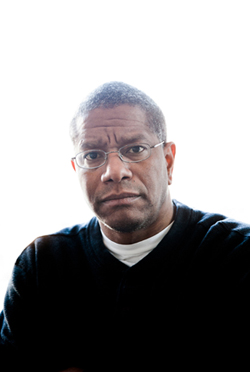 Beatty, fifty-four, is the first American author to win the prize. Of his winning book, 2016 chair of judges Amanda Foreman said, “The Sellout is a novel for our times. A tirelessly inventive modern satire, its humor disguises a radical seriousness. Paul Beatty slays sacred cows with abandon and takes aim at racial and political taboos with wit, verve and a snarl.”
Beatty, fifty-four, is the first American author to win the prize. Of his winning book, 2016 chair of judges Amanda Foreman said, “The Sellout is a novel for our times. A tirelessly inventive modern satire, its humor disguises a radical seriousness. Paul Beatty slays sacred cows with abandon and takes aim at racial and political taboos with wit, verve and a snarl.” 
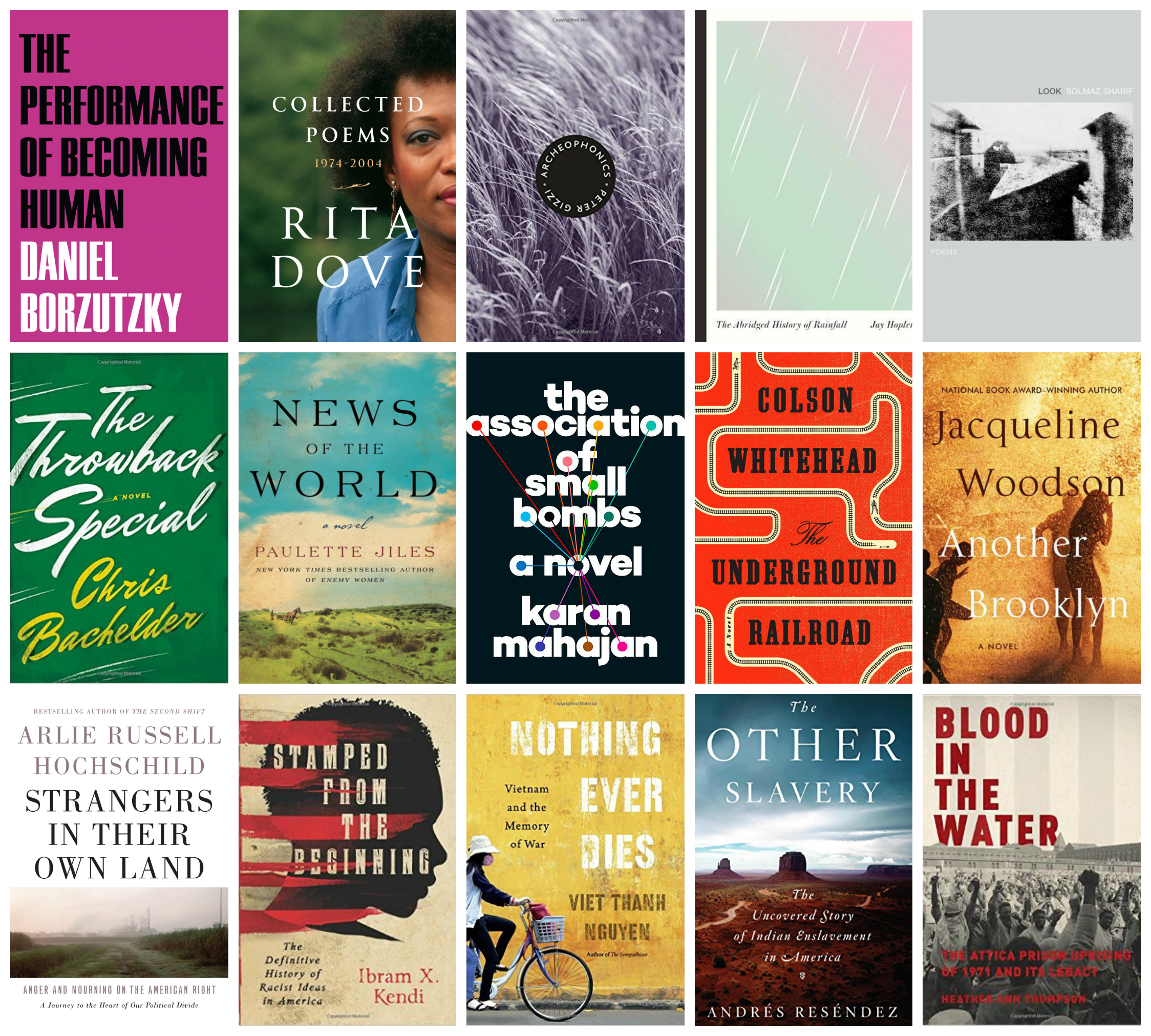
 Judge
Judge 